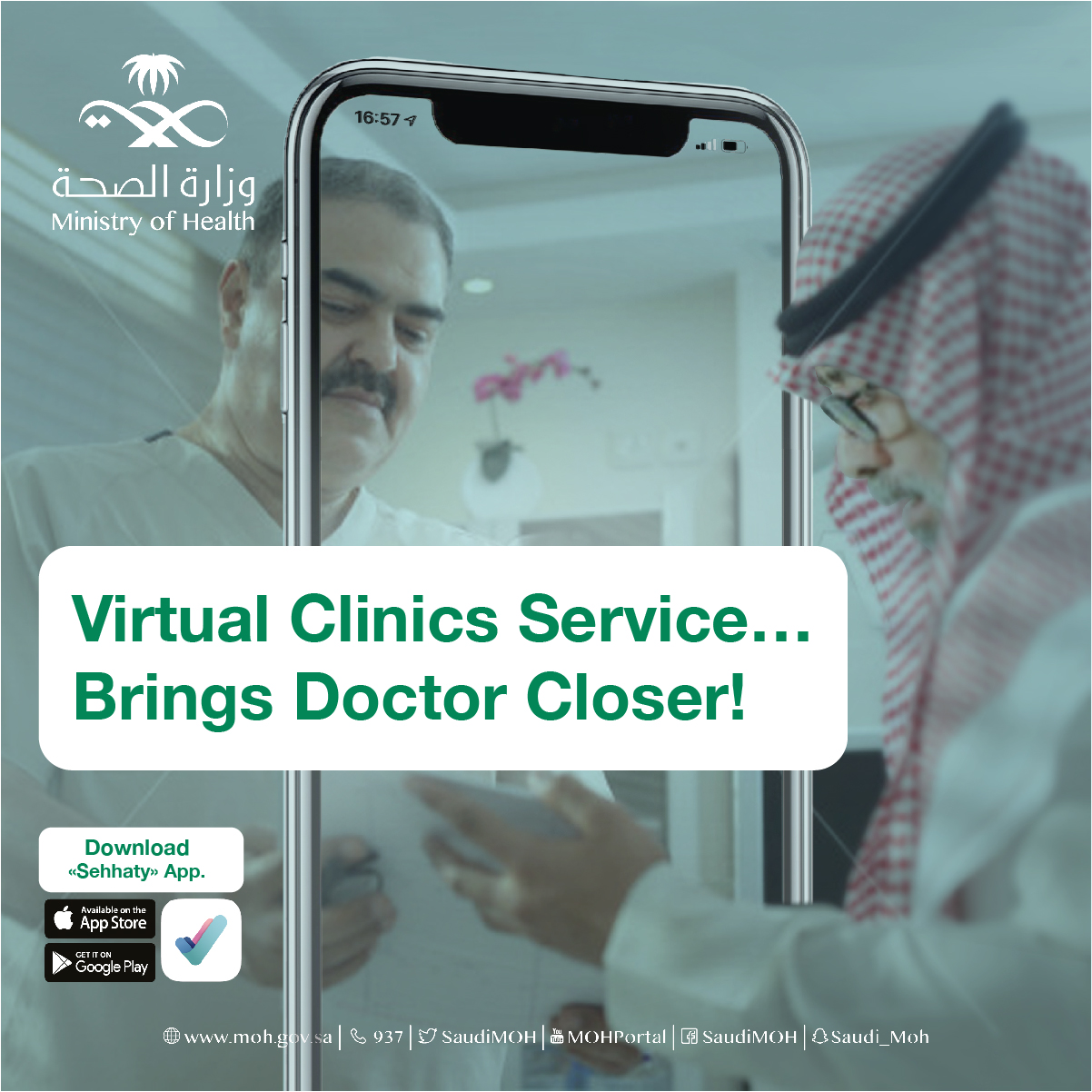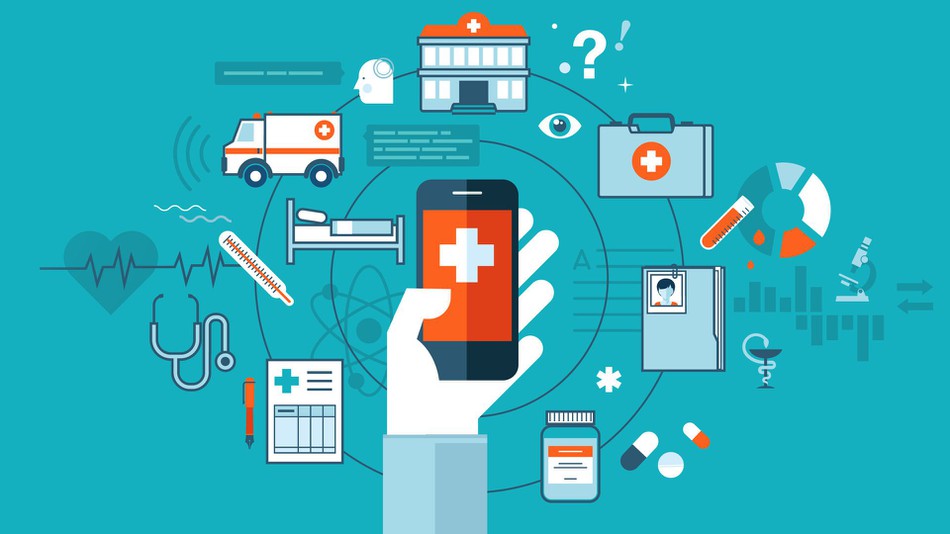Improve Workflow: Why Your Clinic Needs a Mobile App for Clinics Now
Improve Workflow: Why Your Clinic Needs a Mobile App for Clinics Now
Blog Article
Changing Person Treatment: The Benefits of a Mobile Application for Facilities
Boosted person communication, streamlined consultation management, and boosted access to healthcare are just a few of the essential benefits these electronic tools provide. By assisting in real-time interactions and encouraging clients to handle their health a lot more properly, mobile applications can change not just individual patient experiences but likewise the wider healthcare landscape.
Enhanced Individual Interaction
In today's fast-paced medical care setting, improved individual communication is crucial for promoting strong patient-provider connections. A mobile application for clinics functions as a cutting-edge solution to bridge interaction gaps in between health care carriers and individuals. By enabling real-time interaction, these applications assist in timely exchanges of information, guaranteeing that clients feel educated and participated in their treatment.
Among the primary advantages of a mobile app is its capacity to supply people with immediate accessibility to their health information. This includes lab outcomes, treatment plans, and medicine schedules, which equips clients to take an energetic function in their medical care journey. In addition, secure messaging features permit for direct communication with doctor, lowering the need for in-person brows through for non-urgent queries.
Moreover, mobile applications can send automated pointers for medicine adherence and upcoming consultations, decreasing missed chances for care. By cultivating a more responsive and transparent interaction network, centers can improve person satisfaction and develop trust. To conclude, the combination of mobile communication devices represents a substantial improvement in individual interaction, inevitably causing much better wellness outcomes and an extra efficient medical care experience.
Streamlined Appointment Management
Reliable interaction in between suppliers and patients lays the groundwork for enhanced functional efficiency, specifically in visit monitoring. A mobile app can dramatically improve this procedure by using customers an instinctive system for organizing, rescheduling, and canceling visits with ease - mobile app for clinics. By integrating real-time availability of health care companies, individuals can pick time slots that best fit their routines, therefore lowering no-show prices and maximizing clinic workflows
Additionally, automated reminders sent via the app ensure that individuals are educated regarding their future visits, lowering the possibility of missed gos to. This feature not just enhances patient adherence yet additionally permits clinics to handle their resources better. The application can also incorporate a waiting list function, enabling people to obtain notifications if an earlier appointment becomes offered, further taking full advantage of facility effectiveness.
In addition, centralized visit administration allows doctor to evaluate data on person participation patterns, allowing them to make informed decisions about staffing and resource allocation. Overall, a mobile application improves appointment management, cultivating a more orderly environment that profits both clients and doctor, inevitably bring about a much more reliable health care shipment system.
Improved Accessibility to Healthcare

Mobile look at this website applications enable individuals to book appointments, accessibility their clinical records, and get vital notifications-- all from the convenience of their smartphones. This ease of access is particularly valuable for individuals residing in remote locations, who may have a hard time to reach clinics or hospitals as a result of transportation difficulties or lengthy distances. Patients can take advantage of telehealth functions within the app, permitting for virtual consultations that get rid of the demand for physical traveling.
Additionally, a mobile application can host a wide range of instructional resources, equipping individuals to much better comprehend their health problems and therapy alternatives. This understanding cultivates aggressive involvement in their healthcare trip, causing boosted health and wellness outcomes.
Ultimately, by boosting accessibility to medical care services through a devoted mobile app, centers can not only improve individual contentment but likewise promote an even more inclusive health care environment that meets the varied demands of their person populace.
Medication Monitoring and Pointer
Handling medicines can be an overwhelming job for numerous clients, specifically those with persistent conditions requiring several prescriptions. The intricacy of handling various does, timetables, and potential adverse effects can cause complication and non-compliance, eventually influencing patient health end results. A mobile application designed especially why not try these out for centers can deal with these challenges effectively.
Such applications enable individuals to track their medication schedules, set suggestions for dosages, and receive notices for refills. By integrating medicine management functions, the app can aid individuals abide by their suggested programs, substantially reducing the danger of missed dosages and medication errors. Additionally, the app can supply academic resources on drugs, including prospective adverse effects and interactions, encouraging people to make enlightened decisions concerning their therapy.
Moreover, doctor can make use of the app to keep an eye on client adherence and resolve any kind of worries proactively. This real-time communication fosters a joint technique to medicine administration, improving the general top quality of treatment. Ultimately, the combination of drug management and reminders via mobile applications not only streamlines the person experience however additionally adds to boosted wellness results and patient fulfillment.
Equipping Person Interaction
Enhancing individual engagement is essential for promoting a collective healthcare setting where people take an active function in their therapy. A mobile app developed for clinics functions as an effective device to achieve this purpose by providing clients with immediate accessibility to their health info, educational resources, and communication channels with doctor.
Via attributes such as appointment organizing, secure messaging, and personalized health reminders, clients can proactively take part in their treatment journey. This access equips people to handle their visits, ask about medications, and review concerns straight with their healthcare group. Moreover, instructional resources within the application can help patients understand their conditions far better and advertise adherence to treatment strategies.
The app's capability to track health and wellness metrics and give feedback cultivates a feeling of ownership among clients, motivating them to set and attain personal health and wellness objectives. This proactive participation not only improves the individual experience but also results in enhanced health results, as involved people are more most likely to stick to therapy referrals and take part in preventative actions.
Verdict
Finally, mobile applications for clinics significantly improve individual care by improving communication, streamlining consultation management, and facilitating access to healthcare solutions. These applications not only sustain medicine management and reminders however additionally empower clients to engage proactively in their wellness journey. As health care continues to evolve, the integration of innovation with mobile apps stands for a pivotal improvement, fostering far better health results and increased individual complete satisfaction within the health care system.
By helping with real-time communications and empowering clients to handle their health and wellness more efficiently, mobile applications can transform not only specific patient experiences but likewise the wider healthcare landscape. A mobile application for centers serves as an innovative service to bridge communication gaps between healthcare providers and individuals.Additionally, healthcare companies can use the app to keep track of client adherence and address any problems proactively. Ultimately, the combination of medicine monitoring and pointers through mobile applications not just improves the person experience yet additionally adds to boosted health and wellness outcomes and patient contentment.

Report this page